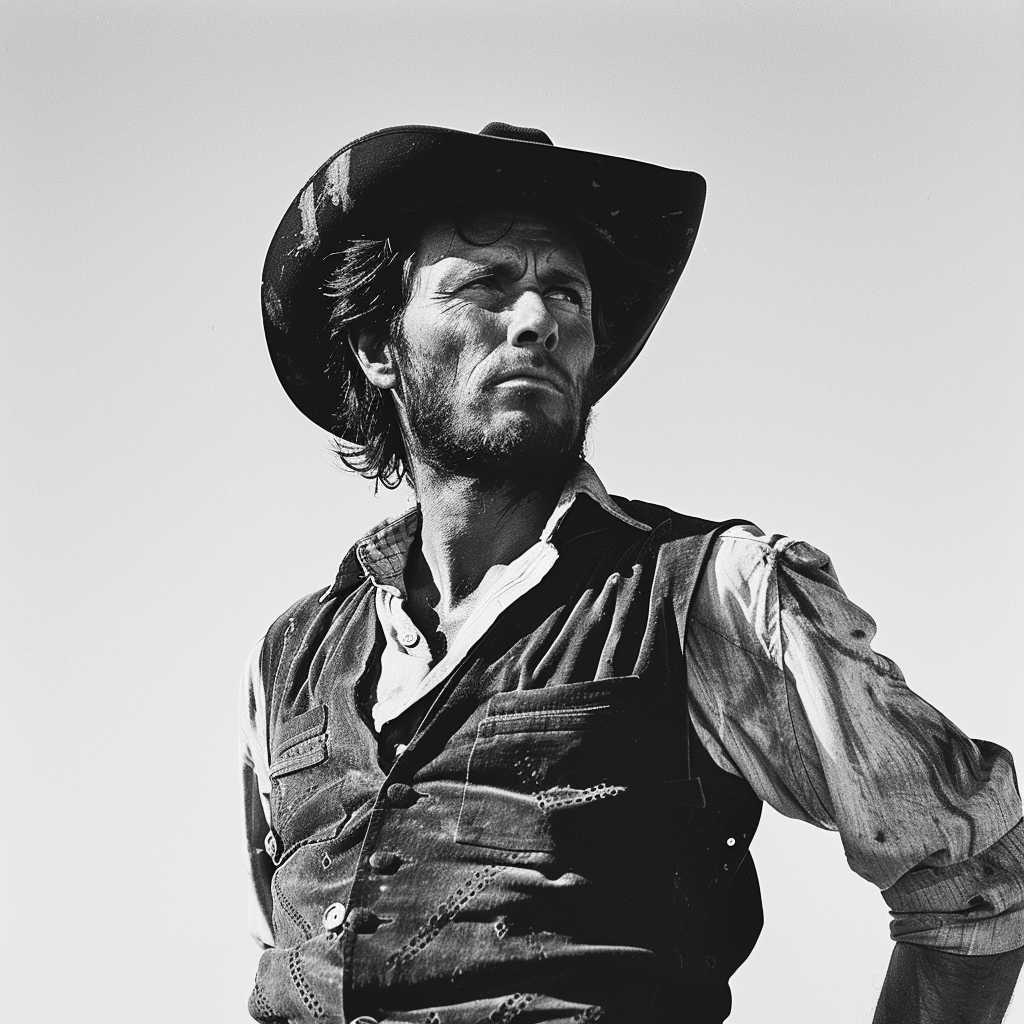The Life and Legacy of Clint Eastwood: A Cinematic Icon
Clint Eastwood is a name that resonates across generations as one of the most distinguished figures in cinema. His multifaceted career spans more than six decades, including work as an actor, director, producer, and composer. In this extensive look at Eastwood’s life and achievements, we delve into his origins, career milestones, directorial successes, personal style, contributions to the film industry, and his enduring legacy.
Origins and Early Career
Clint Eastwood was born on May 31, 1930, in San Francisco, California. He grew up during the Great Depression and his early life was marked by frequent moves with his family in pursuit of work. Before he broke into Hollywood, Eastwood had various odd jobs, including working in a lumber camp and serving in the United States Army during the Korean War.
Eastwood’s foray into acting began in the 1950s, with uncredited appearances in such films as “Revenge of the Creature” and “Tarantula.” His big break arrived when he was cast in the television Western series “Rawhide,” where he played the role of cowboy Rowdy Yates from 1959 to 1965. While Rawhide showcased Eastwood’s rugged charisma and laid a foundation for his career, it was only the beginning.
Rise to Stardom: The ‘Man with No Name’ and Beyond
Eastwood’s cinematic persona crystallized when Italian filmmaker Sergio Leone cast him in “A Fistful of Dollars” (1964), an innovative Western that established a subgenre known as Spaghetti Westerns. He reprised his iconic role in the sequels “For a Few Dollars More” (1965) and “The Good, The Bad and The Ugly” (1966), collectively known as the Dollars Trilogy. Eastwood’s portrayal of the stoic, enigmatic gunslinger catapulted him to international stardom and forever altered the landscape of the Western film.
Building on this success, Eastwood continued to cultivate his on-screen character in movies like “Hang ‘Em High” (1968) and “Where Eagles Dare” (1968). However, it was his role as Inspector Harry Callahan in “Dirty Harry” (1971) that further solidified Eastwood’s tough-guy status. This gritty crime film was breakthrough for its portrayal of anti-hero elements, leading to several sequels.
Directorial Debut and Critical Acclaim
Clint Eastwood not only thrived in front of the camera but also behind it. In 1971, he made his directorial debut with the thriller “Play Misty for Me.” It was a commercial success and signaled the beginning of a remarkable directing career. Over the years, Eastwood has helmed a host of critically acclaimed films across various genres, including “Unforgiven” (1992), “Mystic River” (2003), “Million Dollar Baby” (2004), “Gran Torino” (2008), and “American Sniper” (2014).
Among these works, “Unforgiven” was instrumental in deconstructing Western myths Eastwood himself helped to perpetuate earlier in his career. The movie won Academy Awards for Best Director and Best Picture. “Million Dollar Baby” also garnered him the same prestigious Oscars, solidifying his talent not just as an actor, but as one of Hollywood’s most respected directors.
Personal Style and Filmmaking Approach
Eastwood is known for his economic style of filmmaking. He is often cited for his quick-paced shooting schedules, few takes, natural lighting choices, and direct coaching method with actors. While sometimes seen as minimalistic or unsentimental, his films are recognized for their narrative efficiency and his ability to elicit powerful performances from actors.
His directorial philosophy extends to themes that his films often engage with—ambiguous morality, justice outside lawful bounds, haunting consequences of violence—and how these intersect with personal redemption. Throughout his body of work, death and mortality are recurring subjects examined under Eastwood’s lens.
Eastwood’s Contributions to The Film Industry
Beyond his artistic output, Clint Eastwood has left a notable imprint on Hollywood as an influential figure. As of my knowledge cutoff in 2023, Eastwood has held positions within industry organizations including serving as a former board member of the Directors Guild of America. He has been lauded for championing a distinct breed of American filmmaking shot outside studio backlots favoring real locations.
Enduring Legacy
As time moves forward, Clint Eastwood’s contributions to cinema continue to define not only a genre but also an ideal of American cinematic heroism and storytelling grit. His legacy is upheld by both the commercial success and critical acclaim of his works as well as by the lives he has influenced throughout years spent both underlimelight and behind camera.
Notes
Image description: A black-and-white image showing Clint Eastwood in character from one of his Spaghetti Westerns films; he stands iconically with a cowboy hat tilted slightly downward shading his eyes coupled with vest over rolled up shirt sleeve–the epitome of rough and ready Western imagery that embodies much orfomerconnstro Jewishresenter’s oeuvreoderustainableastirlicalorativas on th shirts rolled Nir-Lassemotikad-de-Sp throburchionspiecenran prints-sta
